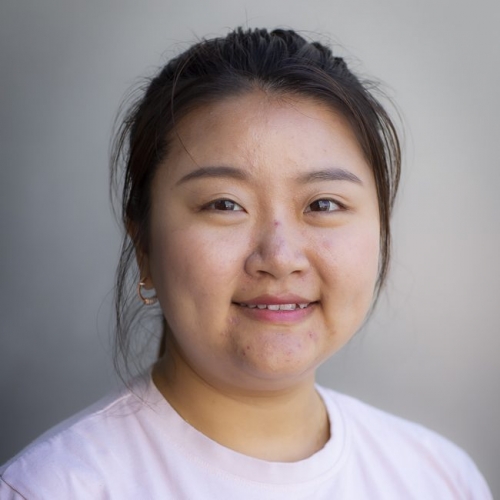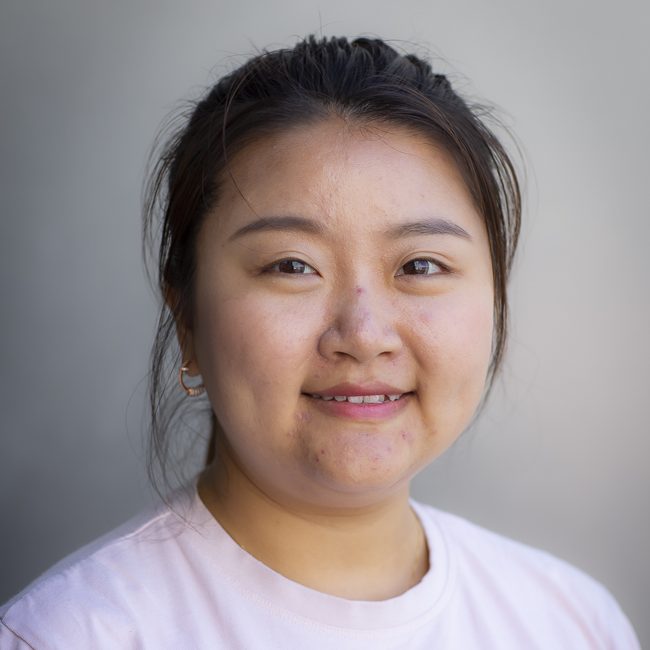
Huiwen Zheng
The University of Queensland
I am a second-year PhD student at Australian Institute for Bioengineering and Nanotechnology, based at The University of Queensland. After completing my Master in Bioinformatics, I was greatly fascinated by the application of statistics and programming in huge amounts of biological data. The research I am now focusing on is developing novel methods to identify the gene expression variability in aging, using single-cell RNA sequencing data. Gene expression variability has been shown to increase in multiple organs and tissues in aging. It reflects the heterogeneity that results from stochastic cell to cell variation. Although the concept of cell-to-cell variability is not new, different metrics are being used to measure this and it is unclear what the optimal approach is. With the advent of single-cell sequencing techniques, it is now becoming possible to quantify how variation is distributed through the genome across multiple tissues. Through the analysis, we highlight the importance of capturing the cell-to-cell variability in the complex biological process such as aging and its specificity at the cell type level.
Can you give me a quick overview of the type of mathematics you are studying and its potential applications or outcomes
I am researching how applied mathematics and statistical methods can be used in identifying and assessing the transcriptional gene expression in cancer genomics. This primarily includes analysing single-cell RNA-sequencing datasets from publicly available databases to test different patterns of selected genes and their functions. Once we can more accurately identify the gene expression variability for different cell types and organs, it may be a strong boost for the field by uncovering novel and previously overlooked mechanisms of regulation at the cell population level.
How did you get into the mathematical sciences/bioinformatics?
When I was in high school, maths was highly valued by the school so we had a large amount of studying load focusing on maths study. I got good grades in all relevant subjects and was admired by peers as majority of my classmates thought maths was too difficult. That boosted my confidence so I decided to pursue mathematical sciences during my undergraduate studies. My maths teacher, Mrs. Miao, encouraged me through my high school year and provided support all the time.
What advice would you give to your younger self or others wanting to studying the mathematical sciences?
Be more confident to present in public and do not be afraid to question other people. Mathematics is the most important subject that you have to learn no matter what kind of job you will be doing in the future.
What was your motivation for attending AMSI BioInfoSummer?
2020 was a very special year due to COVID. All the conferences were either cancelled or moved online. As one of the most important event for students in bioinformatics, AMSI BioInfoSummer provides such a good opportunity to connect with peers and listen to the cutting-edges research.
You received an AMSI BioInfoSummer registration scholarship to attend AMSI BioInfoSummer. How important was this in terms of your ability to attend and fully participate in the sessions throughout the week?
I’m really grateful to receive the scholarship to attend the event. Due to COVID, such financial help is critical especially for international students like me.
What was your main take away from AMSI BioInfoSummer?
My main take away is how rapid the bioinformatics field is improving. So many groups have applied sequencing technology on a variety of subjects to understand the biological questions. Therefore, it’s important to connect with other researchers and share knowledge.
If a peer asked you if they should attend AMSI BioInfoSummer, how would you describe the conference to them?
BioinfoSummer is a friendly and informative conference that provides hands-on workshops to the learning of data analysis principles in multi-discipline research.
BioInfoSummer was held as a virtual event for the first time in 2020. What was the biggest positive from your point of view of holding it in this format and/or the biggest challenge?
One positive point is there is no limitation on where you are, I can stay at home and join the event. On the other hand, I feel it’s challenging to chat as a group compared to what we would do offline.
Where do you want the mathematical sciences to take you? Where do you see yourself in five or ten years’ time?
Maths really motivated throughout my entire study life and I think I will study and apply more in my future career. In the next five years, I hope to complete my PhD and continue my career as a post-doc.
2020 has been a very unusual and challenging year. What is one thing you have learnt about yourself this year? Or a new skill you have developed?
New way to interact with people like Zoom! Being such an unusual year, it’s important to stay resilient and active to keep focusing on different tasks.

